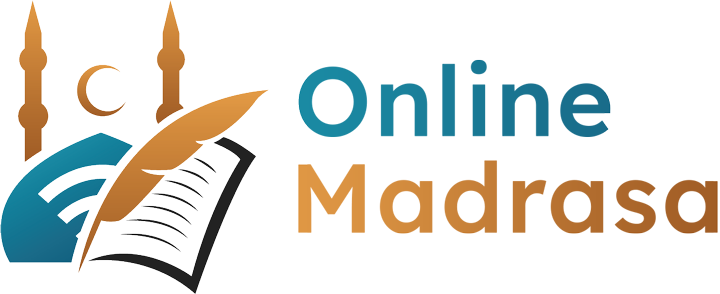Faqs
What are the fundamental teachings of Islam?
The fundamental teachings of Islam include the belief in the oneness of Allah, the prophethood of Muhammad (SAW), the importance of the Quran as the word of God, and the practice of the Five Pillars of Islam: Shahada, Salat, Zakat, Sawm, and Hajj. These core beliefs guide all aspects of a Muslim's life.
How does this course address the challenges in learning about Islam?
This course provides clear and accurate explanations of Islamic teachings, addressing common challenges such as language barriers, cultural differences, and misinterpretations. It also offers diverse perspectives to help learners understand and appreciate the richness of Islamic traditions.
Who is this course designed for?
The course is suitable for Muslims looking to deepen their understanding of Islam, new converts seeking a foundational knowledge, non-Muslims interested in learning about Islamic teachings, and educators or parents aiming to impart religious knowledge to others.
What are the different levels of this course?
The course is structured into three levels: Beginner, Intermediate, and Advanced. The Beginner level covers the basics of Islam, the Intermediate level delves into Quranic studies and Islamic jurisprudence, and the Advanced level explores intricate aspects of Islamic theology and history.
What will I learn from this course on Islamic teachings?
You will gain a comprehensive understanding of Islamic teachings, including the Five Pillars of Islam, Tawheed (monotheism), the life and teachings of Prophet Muhammad (PBUH), Islamic ethics, jurisprudence, and modern challenges facing the Muslim community. The course also includes a study of the Quran and Hadith and their relevance in daily life.
